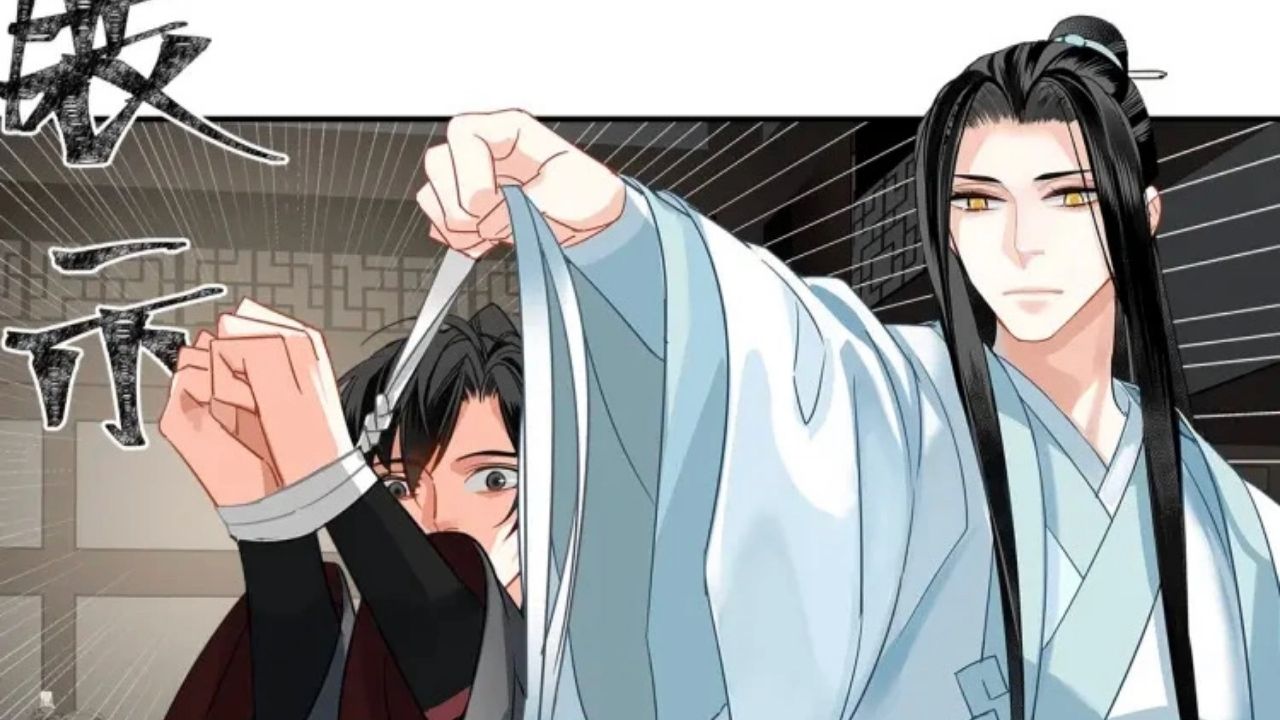

Is the reason why this sentence have a が “watashi mo inu ga suki desu.”, have to deal with keeping a particular between the verb and noun? When stating one interest, it has a が and when stating multiple interest it doesn’t have a が.

I notice that some sentences have a が and other sentences don’t. The particle が can be used to mark the subject of the sentence. The particle か can be used at the end of a sentence to mark it as a question. It has nothing to do with anything being plural (there is no plural tense in Japanese). か and が are both particles, but their function is very different. Which sentence are you talking about? I am not sure where you are having confusion. Why does the sentence sometimes have か and sometimes が? Is it because it’s plural? Comment by Larissa on at 6:47 pm I guess using two も’s makes it more emphasized that they are both there. ジョンとキムもいる。 – John and Kim are there/here. ジョンもキムもいる。 – Both John and Kim are there/here. It’s really hard to explain the difference because it is so minor… It’s like: Is there a difference between these two sentences? Yes! You can certainly say that! \(◕ω◕)/♥ Comment by PuniPuni on at 9:21 am If I only want to answer with “Me too”, can I just say “Watashi mo”? For example if someone says “Neko ga suki desu” and I want to say “Me too” is it grammatically correct to say “Watashi mo”? Comment by marta on at 5:45 am What did you want to say? Comment by PuniPuni on at 7:17 am (◕ω◕)☆ It roughly translates to: “Even if (you) went to America…” It sounds like something should come after this. Is the sentence アメリカに行っても grammatically correct. If I want to say “do you like coffee too?” Comment by jessa on at 11:50 am If not, how would I say it? Comment by Dee on at 4:14 pmĪre you trying to say “me and my mother both like coffee”? If so, you can say “watashi mo okaasan mo kōhī ga suki desu.” (◕ω<)♪ Yes, that is correct! You can use も as many times in a sentence as you want! (>ω<)♡ うれしい!ありがとう♪ĭoes ‘watashi wa okaasan to kohi mo ga suki desu,’ make sense? Is that correct? Or is there a better way to list three or more things in this way? はい!It is correct! \(◕ω◕)/♪ If you wanted to use all kanji, you could also write it like this: 彼は犬が好きです。 Comment by PuniPuni on at 8:08 am If I wanted to say “he likes dogs” could I say “かれは犬がすきです” ? Comment by M圜ool on at 6:24 pm So, your best options would be either お茶も好きです。for a formal sentence or お茶も好き。for a casual sentence(◕ω◕)♪ Comment by PuniPuni on at 10:39 pm For instance, you can shorten 私はアメリカ人です。to just アメリカ人です。However, that doesn’t work for verbs or adjectives which come at the end of the sentence.

Generally, you can leave off the topic of a sentence. However, leaving off 好き and just saying お茶も does not work. Yes! You can leave off the です and just say お茶も好き but it will become a casual sentence. Thanks, ぷにぷに! Comment by Alex on at 9:42 pm Is it possible to just say お茶も好き and leave out the です ?Īlso, would just saying お茶も work too, since in the first sentence you already established that you were talking about things you liked?
MO IINA JAPANESE PROFESSIONAL
Take Japanese Skype Lessons with Professional Japanese Teachers on !

If you have dictionary, you can always look up new Japanese words\(◕ω◕)/♥ It can also be used to express a lack of preference, such asĭo you want to know a lot of Japanese words? I recommend you to get a dictionary! も can be used to express agreement or similarity. Today we learned about the Japanese particle も (mo). I like both meat and vegetables (equally). ★ This means that I like both dogs and cats equally, without any preference for one over the other. ★ By replacing the particle は (wa) from the first sentence with the particle も (mo), it gives the meaning of too. ★ In this example, you are talking with your friend about your favorite animals. ★ To make it more formal, just add です (desu) to the end! ★ The Japanese particle も means also or too. We learned that も is similar to the English words “too” or “also.” In this review we will go over the concepts from the video and see some more examples and uses. Japanese Grammar Lesson 6: The Particle も (mo) – Review Notes


 0 kommentar(er)
0 kommentar(er)
